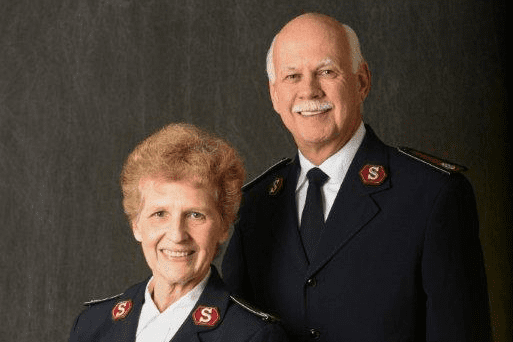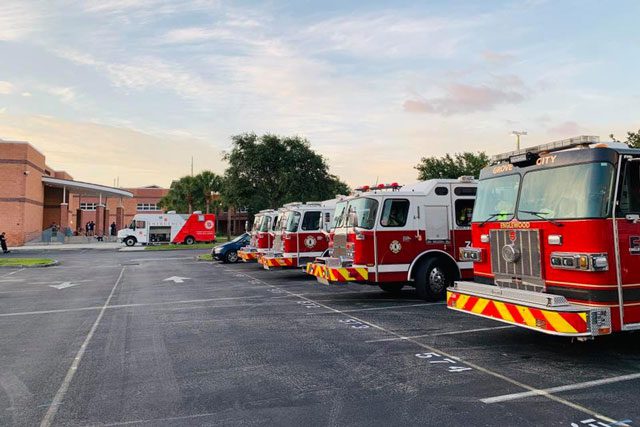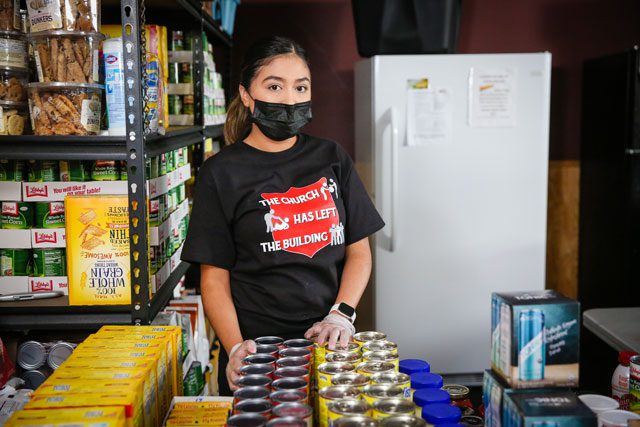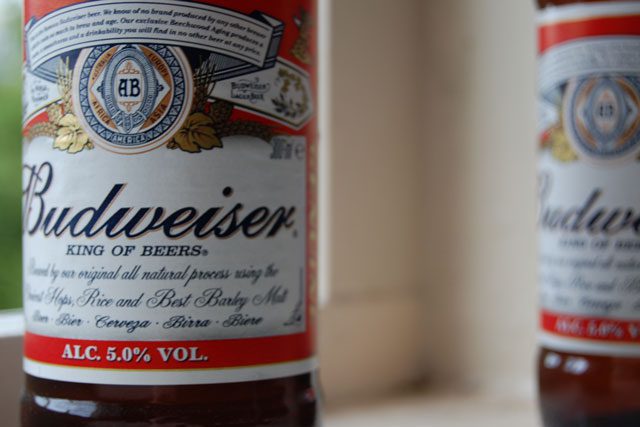Salvation Army legal clinic joins local circuit court to advocate for struggling Detroiters.
Between hiring lawyers, sifting through court jargon and understanding your rights, the legal system can be tricky to navigate— not to mention costly. In Detroit, where nearly two in five people live in poverty, many find answers at The Salvation Army’s William Booth Legal Aid Clinic (WBLAC).
Launched in 1994, WBLAC provides free legal counsel to participants of The Salvation Army Detroit Harbor Light Center, as well any residents in the community living at or below national poverty guidelines. The clinic, which celebrated its 20th anniversary last month, has helped resolve over 20,000 cases.
Amy Roemer, who stepped in as clinic director early in 2013, recently initiated a partnership with the Family Division of the Wayne County Circuit Court, the latest in a series of projects designed to advocate on behalf of the low-income public.
Twice a month, WBLAC sets up a service area at the Wayne County Courthouse to help anyone with family-related legal needs. Whether regarding child support, custody or visitation issues, clients can have motions, petitions or orders drafted and filed on the spot.
Richard Halprin, WBLAC staff attorney, said the service is useful for those facing legal troubles who may be uncomfortable expressing themselves in a court of law.
“The worst thing that happens in the courts is when you’ve got two parties and no lawyers, and people that aren’t necessarily able to articulate or advocate sufficiently or don’t know how to explain themselves or follow through with the paperwork, so you’ve got a judge that wants to push them to the back of the line,” Halprin said. “The clinic will clarify, and help get their [needs] resolved on the spot.
Prior to 2000, WBLAC functioned primarily as a service to residents of the Harbor Light Center. The courthouse partnership, Halprin noted, has helped raise WBLAC’s profile and status in the community.
According to Roemer, when a lawyer or law clinic has reached a certain stature, cases tend to move more smoothly, which allows WBLAC to serve as many eligible clients as possible.
“The partnership helped us establish a measure of credibility with the court staff and judges that has allowed us to operate in a more efficient manner, cut through procedural red tape more quickly and obtain optimal results where trust and reputation may be the tiebreaker in areas of discretion for court staff or judges,” Roemer said.
WBLAC’s legal staff consists of licensed practicing lawyers as well as senior law students who are able to represent clients in court proceedings. While staff members do not advocate for clients in the courtroom for these types of cases, simply walking them through the process can help ensure equal access to justice, Halprin said.
“It’s gratifying to help someone with something they otherwise would not know what to do about,” Halprin said. “We’re moving impediments to people’s progress and the gratitude that they show…it really is surprising how much the clients appreciate us.”
___________________________
Since opening, WBLAC has helped resolve over 20,000 cases and mentored 168 law students, who have volunteered nearly 19,000 hours.












